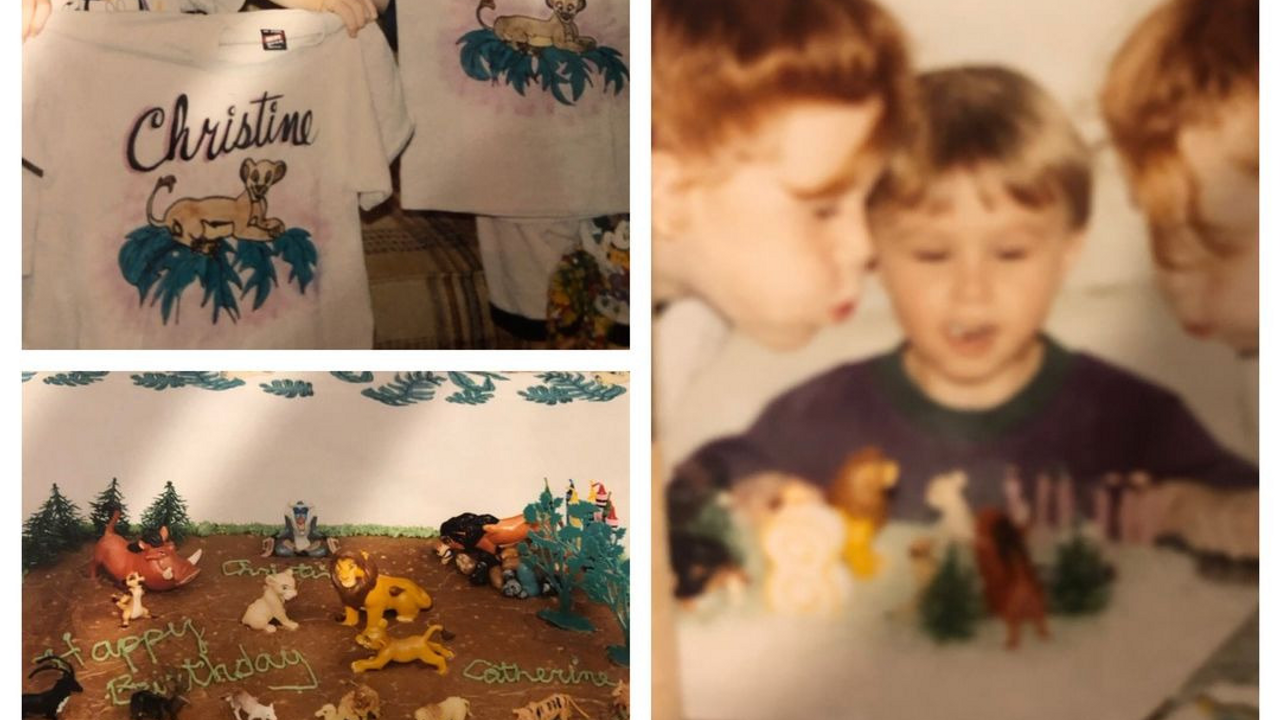Hakuna Matata- Great Song- Not Great Mental Health Advice
Oct 24, 2022
I love the Lion King, and have since it first came out in 1994 as evidenced by my sister and I’s Lion King birthday party. And don’t get me wrong, Hakuna Matata is a super fun song with catchy lyrics. Here’s the deal though, it is awful mental health advice.
Simba just experienced what us counselors like to call trauma. He witnessed the death of his beloved father, he’s holding the guilt and shame of that incident, and he’s run away from anyone that knows and loves him because he feels so guilty and unworthy and scared! Timon and Pumbaa come to his rescue, and meet his saddened deflated spirit with an uplifting carefree song… Hakuna Matata. It’s your problem free philosophy!
I’m not going to lie as a trauma therapist; after sitting with many who have experienced trauma , and the guilt and shame that it bears; I wish to the depths of my soul Hakuna Matata worked! It would be so fantastic and simple if it really meant “no worries for the rest of our days” or it really would “solve all of your problems.” It doesn't though. Timon and Pumbaa are telling Simba that ignoring, denying, and repressing his troubles is the solution. However, the more we learn about our brain and what it needs to recover from trauma of any kind, we realize that the solution is actually the opposite of what Timon and Pumbaa are suggesting. If Simba were real and human, Hakuna Matata and the denial of his significant past pain would actually create great room in his life for the rise of not only mental health issues, but physical issues as well. What the brain forgets, the body remembers! Neuropsychology has made strides in helping us understand trauma recovery. Integration is the key to decreasing mental health issues. Integration is integrating the whole brain. It’s connecting the downstairs brain where our reactive fear center lives to our upstairs brain which hosts the problem solving, rational, empathic part of us. It also includes connecting our emotional and creative right brain to our logical, linguistic, linear portion of our left brain. In other words, we need to make sense of our big right brain emotions with our left brain words, rationale and logic. We also need to acknowledge the intense fear that trauma has caused in our downstairs brain and connect it with our upstairs brain’s empathy and problem solving solutions to put it simply.
If you’ve experienced trauma of any kind, ignoring it won’t work. Though, you are still welcome to keep singing Hakuna Matata because, well, it’s just a fun song! I will strongly encourage you to bring awareness to the pain that you’ve experienced, pay attention to what comes to mind, and seek to make sense of your past. If this feels too overwhelming, mental health professionals are trained to help you through this process. It’s worth the investment for not only your mental health, but your physical and spiritual health as well.

